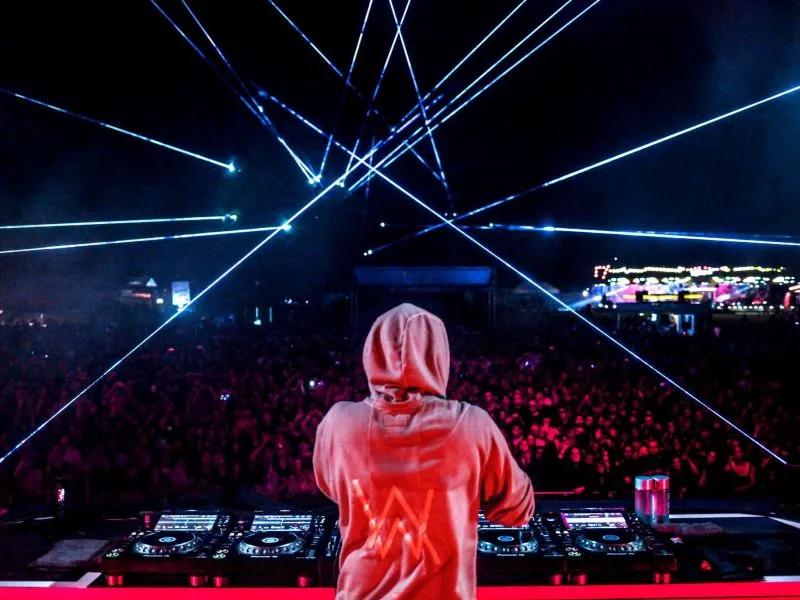Music and Tech Events Shaping Innovation and Controversy


El Valle Grita – Music and tech events continue to push the boundaries of innovation and entertainment, while also sparking controversy in both industries. These hybrid experiences blur the lines between performance and platform, inviting audiences to interact with technology in increasingly intimate and immersive ways. As events evolve, so do the conversations around data use, intellectual property, and artistic authenticity.
Blending Sound and Code
At the core of many modern festivals lies the fusion of sound design and programming. Artists now use algorithms to compose music live, manipulate visuals in real time, or respond to audience movement. This real-time adaptation energizes performances, offering something unique at every turn.
“Read More: Xiaomi, Oppo and Vivo Innovation Want to Create Replacement Technology for Android?”
Virtual Stages and the Rise of Metaverse Concerts
Digital stages are becoming more common, especially in the form of metaverse events. Platforms like Roblox and Fortnite have hosted concerts drawing millions of viewers worldwide. These performances extend beyond sound into fully immersive, gamified environments—redefining what a concert even means.
Real-Time Audience Feedback
Many tech-integrated events use apps and wearables to collect live feedback. From biometric wristbands to crowd mood polling, organizers and performers gain insights instantly. This feedback loop lets artists adjust tempo, visuals, or even song choices based on audience reactions, enhancing real-time engagement.
“Read About: Morrissey Cancels Stockholm Concert After Industry Pushback”
Controversy Over Data Collection
Although these innovations create exciting possibilities, they also raise privacy concerns. Some events have been criticized for collecting user data without clear consent, especially through tracking apps and smart devices. Activists argue that while immersive technology increases enjoyment, it should never compromise individual rights.
NFTs and Exclusive Digital Merch
Digital merchandise in the form of NFTs (non-fungible tokens) has taken center stage in tech-forward music events. Fans purchase exclusive tracks, artwork, or VIP access encoded into digital assets. While some embrace this new form of ownership, others question its environmental impact and long-term value.
AI-Generated Music Sets
Artificial intelligence is now capable of generating full music sets, and some events have begun showcasing these creations. While AI-generated sets impress with precision and novelty, critics argue that the emotional depth of human performance is still unmatched. This divide continues to stir debate about the future of musical authenticity.
Accessibility Through Hybrid Formats
Not everyone can attend events in person, which is why hybrid formats are gaining popularity. Many festivals now offer livestream options or VR-based access, making global participation possible. These options expand reach and inclusivity, especially for fans with mobility or financial limitations.
Licensing, Ownership, and Creative Rights
As technology changes how music is performed and shared, questions about licensing and ownership become more complex. Artists worry about losing control over their work when performances are streamed, remixed, or stored on blockchain platforms. Ongoing legal debates reflect the tension between innovation and protection.